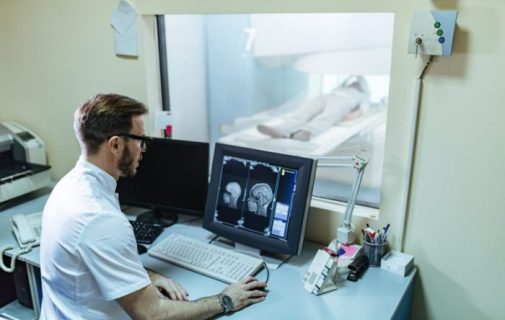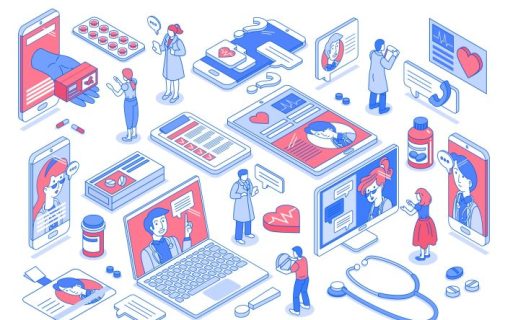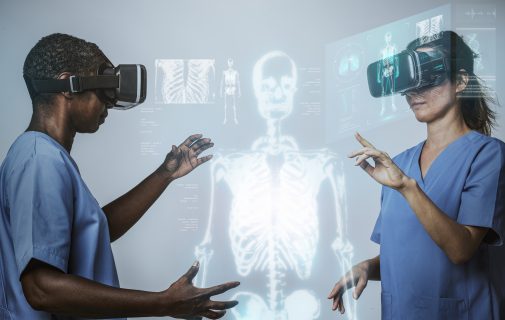 Why High-Quality Medical Data is Crucial for Training AI Algorithms
Why High-Quality Medical Data is Crucial for Training AI Algorithms
Introduction
Artificial Intelligence (AI) has revolutionized various industries, and healthcare is no exception. AI algorithms have the potential to transform medical diagnostics, treatment planning, drug development, and patient care. However, the successful implementation of AI in healthcare heavily relies on the quality of the medical data used to train these algorithms. In this article, we will dive into the significance of high-quality medical data and how it positively impacts the performance and safety of AI algorithms in healthcare.
Accurate and Reliable Diagnoses
One of the primary reasons why high-quality medical data is vital for training AI algorithms is to ensure accurate and reliable diagnoses. When AI models are trained on comprehensive, diverse, and well-annotated datasets, they become better equipped to detect patterns and make precise predictions. By leveraging vast amounts of high-quality data, AI can augment the diagnostic capabilities of healthcare professionals, reducing errors, and providing more timely and accurate diagnoses.
Robust and Generalizable Algorithms
AI algorithms trained on poor-quality or biased data can lead to biased and unreliable predictions, affecting patient outcomes negatively. High-quality medical data ensures that AI algorithms are robust and generalizable across different patient populations and healthcare settings. It reduces the risk of overfitting, where the AI model performs well on the training data but fails to generalize to new, unseen data.
Enhanced Treatment Personalization
Medical data is instrumental in developing AI algorithms capable of personalized treatment planning. By analyzing data from diverse patient profiles, including genetics, medical history, and lifestyle factors, AI can identify the most effective treatments for individual patients. This leads to improved patient outcomes and optimized resource allocation in healthcare facilities.
Early Disease Detection and Prevention
High-quality medical data is essential for developing AI algorithms that can detect early signs of diseases and risk factors in patients. Early detection enables healthcare providers to intervene at an earlier stage, potentially preventing disease progression and improving long-term patient outcomes. AI-powered screening tools can be especially beneficial in managing chronic conditions like diabetes, cancer, and cardiovascular diseases.
Improved Patient Care and Workflow Efficiency
AI algorithms trained on quality medical data can optimize healthcare workflows, reducing administrative burdens and improving patient care. AI-powered predictive analytics can help hospitals anticipate patient admission rates, optimize staff scheduling, and streamline resource allocation. Additionally, AI can assist in automating repetitive tasks, allowing healthcare professionals to focus more on patient interactions and complex medical decision-making.
Regulatory Compliance and Ethical Considerations
Using high-quality medical data for training AI algorithms also addresses regulatory and ethical concerns. Compliance with data privacy and protection regulations is crucial when handling sensitive medical information. High-quality data collected ethically ensures patient confidentiality and builds trust among patients, healthcare providers, and stakeholders in AI healthcare applications.
Conclusion
In conclusion, high-quality medical data forms the backbone of successful AI algorithms in healthcare. It plays a vital role in ensuring accurate diagnoses, robust algorithms, personalized treatment plans, and early disease detection. By leveraging such data, AI can revolutionize patient care, streamline workflows, and accelerate medical research and development. However, it is essential to prioritize data quality, diversity, and ethical considerations to unlock the full potential of AI in healthcare and create a healthier and more sustainable future for all.

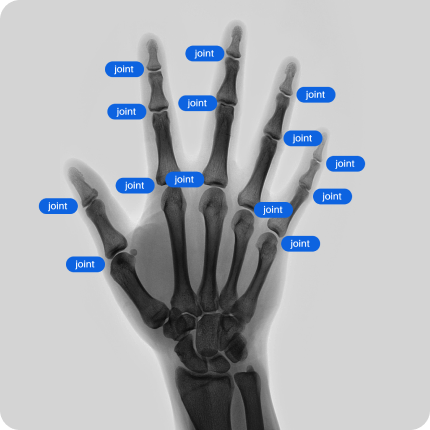
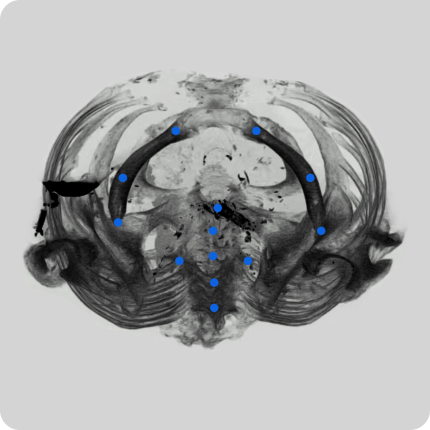
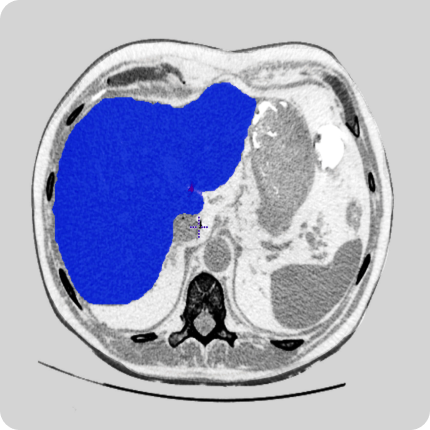











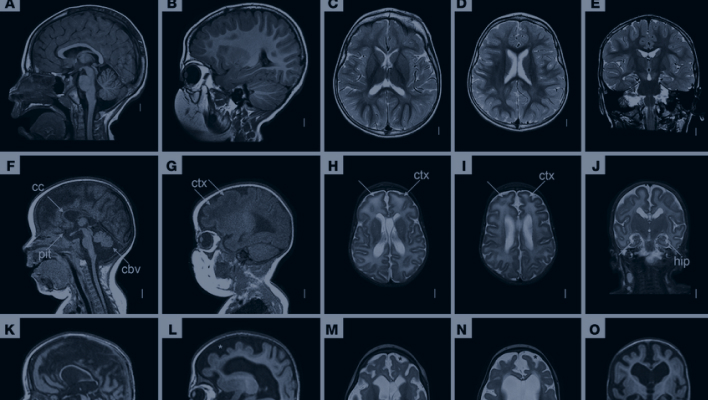 Why High-Quality Medical Data is Crucial for Training AI Algorithms
Why High-Quality Medical Data is Crucial for Training AI Algorithms






